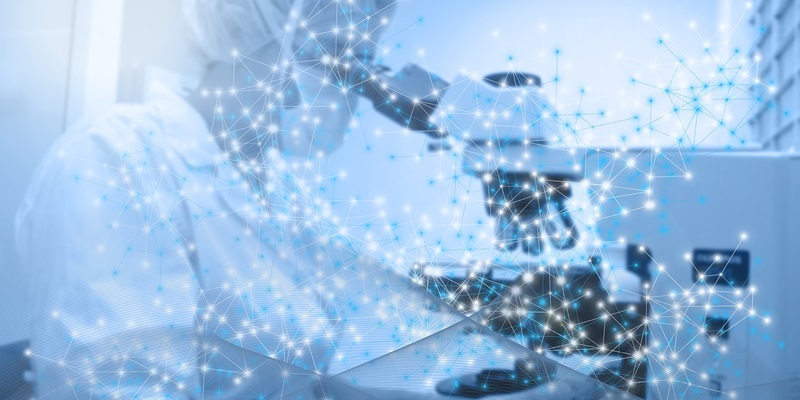As we enter the age of tailored healthcare, the intersection of blockchain and bioinformatics is gaining notable interest. The explosion of genomic analysis and data-heavy biotechnologies necessitates data management platforms that are both robust and secure. Blockchain’s distinct features could provide a crucial line of defense against the rising tide of cyber threats that jeopardize the security of sensitive health information. This technology promises to ensure that genetic data remains both safe from unauthorized access and intact, addressing major concerns in the burgeoning field of personalized medicine. The symbiosis between cutting-edge blockchain solutions and the demands of bioinformatics represents a critical step forward in protecting individual health data in an increasingly vulnerable digital ecosystem.
The Potential of Blockchain for Bioinformatics
Blockchain technology, most famous for its applications in the world of cryptocurrency, is based on the principles of decentralized data storage and cryptographic security. These foundational features make it an intriguing solution for managing sensitive bioinformatics data. In the context of personalized medicine, where patient-specific data is paramount, the integrity and confidentiality of genetic information cannot be overemphasized. Blockchain’s inherent resistance to tampering could safeguard genetic databases from malicious alterations, ensuring that the data guiding healthcare decisions remain pure and uncorrupted.
However, the integration of blockchain into bioinformatics isn’t devoid of hurdles. Bioinformatics data are vastly complex and ever-expanding. The scalability of blockchain systems is being tested as the influx of large-scale genetic datasets demand immense computational resources. There’s also the delicate interplay between transparency and privacy; blockchain’s open ledger system offers visibility into data transactions, yet this must be carefully managed to protect individual privacy. These considerations require a balance that harnesses blockchain’s benefits without undermining the sensitivity of bioinformatics data.
Data Integrity and Collaborative Research
Blockchain technology could revolutionize bioinformatics by enabling secure data sharing among researchers, a critical factor in advancing personalized medicine. By ensuring data integrity through an immutable, decentralized system, blockchain creates a trustworthy environment for exchanging genetic information without fear of breaches. This could foster greater collaboration and accelerate scientific discoveries. The technology’s transparency offers an auditable trail, ensuring data transaction authenticity. Moreover, smart contracts could empower data owners, managing consent and access with precision. While the implementation of blockchain must be carefully considered, its potential to enhance bioinformatics security is immense, potentially leading to significant achievements in medical research and better patient outcomes.

